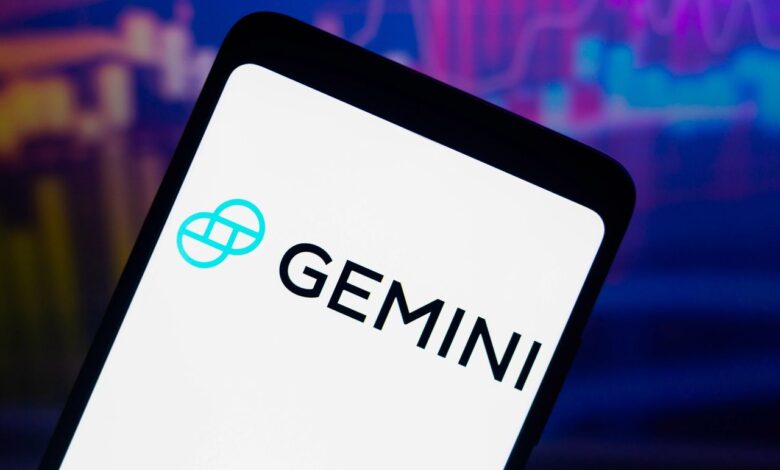Gemini Nears Breakthrough Deal With SEC After Two Years of Legal Crossfire

The U.S. Securities and Exchange Commission (SEC) and crypto exchange Gemini have signaled that their two-year legal battle may soon come to an end.
In a filing submitted Monday to the U.S. District Court for the Southern District of New York, attorneys for both parties said they have reached a “resolution in principle” and asked the court to pause all upcoming deadlines while final settlement documents are prepared.
The case stems from Gemini Earn, a yield-generating program launched in 2021 by the Winklevoss twins’ exchange. The service allowed customers to lend their digital assets to Genesis Global Capital in exchange for interest rates as high as 7.4% annually.
The SEC charged Gemini and Genesis in January 2023, alleging the program amounted to an unregistered offering of securities.
It is worth noting that Genesis’s subsequent bankruptcy left more than $900 million in customer funds locked up, triggering multiple legal proceedings and making the Gemini case a closely watched test of how U.S. regulators treat crypto-lending products.
The proposed settlement will need formal approval from the SEC before it takes effect. Under the agency’s process, staff must review and sign off on the agreement before forwarding it to the full Commission for a vote. If the Commission declines, litigation could resume.
The tentative deal comes as the SEC adopts a more conciliatory approach toward the crypto sector. Since President Donald Trump appointed Paul Atkins as chair earlier this year, the agency has eased several high-profile enforcement actions and launched “Project Crypto,” an initiative aimed at updating digital-asset rules.
Meanwhile, Gemini has been pursuing growth on other fronts. The company raised $425 million in an initial public offering and began trading on the Nasdaq last week. Founders Cameron and Tyler Winklevoss have even suggested that Bitcoin could one day reach $1 million per coin, highlighting their long-term confidence in digital assets.
While details of the settlement remain under wraps, a finalized agreement could set an important precedent for how U.S. regulators oversee yield-bearing crypto products.
This case also reflects a broader shift in the regulatory landscape for crypto. Increasingly, we are seeing regulators and firms move toward settlements and structured resolutions rather than drawn-out litigation.
Over the past year, several high-profile cases have been resolved through negotiated agreements, signaling a more collaborative approach.
This trend suggests that regulators are seeking clearer guidelines and compliance frameworks for the industry, while companies are eager to resolve disputes efficiently to focus on innovation and growth.
If continued, this approach could set a new standard for how legal and regulatory challenges in crypto are handled in the U.S., providing both certainty and predictability for investors and market participants.





